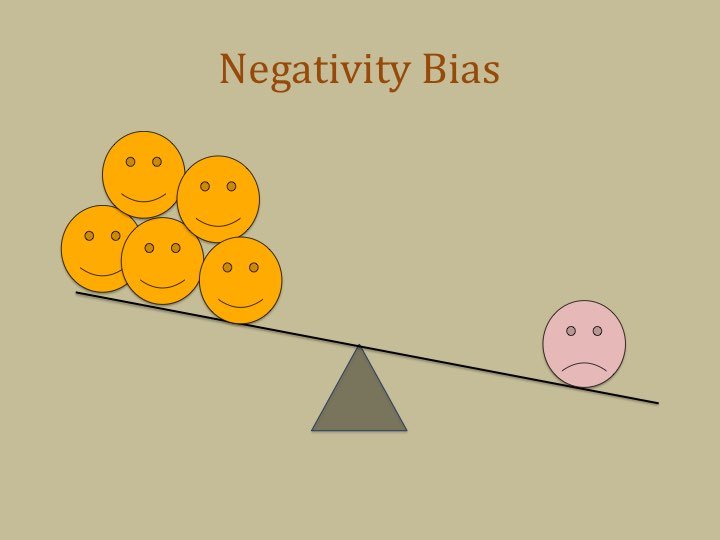A couple of years ago I gave a presentation to a large group at a conference. The topic was ‘Breastfeeding and Structural Issues in Babies’ and it was my first time to present to such a large group. I was extremely nervous but I had put a huge amount of time and effort into preparing the presentation. In addition to the evidence-based information I included in the talk, I had also included a few case studies on some of my private practice clients and their babies, to whom I am eternally grateful for. They allowed me to tell their stories and to use photos of their babies in the slides to show some of the structural issues (such as torticollis) that can impact on breastfeeding.

Despite my nerves, I gave the presentation all I had, really put my heart and soul into it. And I felt it went as well as it could have gone – lots of questions from attendees, which I took as a good sign that people were at least engaged in what I had to say. And after the talk I got a lot of positive feedback. I felt such a huge sense of relief. And to be honest, I was pretty delighted with myself that I had done it, and it was over.
A number of weeks later I received a feedback report on my presentation – this is standard procedure. Attendees are asked to rate the talk, giving criteria such as ‘delivery’ and ‘content’ scores, and to give comments where appropriate. I got an overall score of ninety something percent and most of the comments were positive, constructive and encouraging. I was thrilled, so happy that my hard work had paid off! However, there was one very negative and very personal comment from someone who didn’t like my talk, didn’t like how I presented it and clearly didn’t like me. Which is fair enough. Not everyone can like you. You can’t please all of the people all of the time and if you put yourself out there, you have to be prepared for some amount of negative feedback. I objectively understand this, but in the moment that I read this negative comment, it completely took over my brain and wiped out all the positive feelings I had about the talk, despite the overwhelmingly positive feedback. I cried. And I spent most of the rest of the afternoon crying. The comment made a huge impact on me, just took over my brain like a big dark cloud and left me feeling very sad. I eventually got over it…..time is a great healer. But I suppose the fact that I’m writing about it now suggests that it all made quite an impact on me.
What I understand now, and didn’t at the time, is a psychological phenomenon called ‘negativity bias’. If you google it you’ll find plenty of explanations about it online – in short what it means is that negativity makes a bigger impact on our brains than positivity, which is apparently some kind of adaptive evolutionary function. Who knew?! So I suppose it is something we all experience, perhaps some of us more so than others.
I’ve been dwelling on it a lot recently, and out of all of that introspection I feel I have gained some insights into how the brain works and how to deal with negativity bias in life and in my work. What doesn’t kill you makes you stronger…..and wiser 😉
And what I feel can help to mitigate the effects of negativity bias are:
Mindfulness – a little bit of time observing the thoughts can help us to stand back and observe, and see that thoughts and feelings are transitory. They come and they go and they don’t define us. When we observe the mind, it helps us to see more clearly, see things as they really are rather than through a veil of emotion.
Acceptance – of the fact that not everyone can like us, of all that life throws at us, that we cannot take responsibility for other peoples’ feelings, and the duality of life!
Listening and Reflection – I did take on board that negative comment, as much as it hurt, and I reflected on how I might do things differently next time. How I might be more skillful in my choice of words. We are all learning, every day, to be better, to be kinder, to be wiser. But only if we allow ourselves to listen and to reflect.